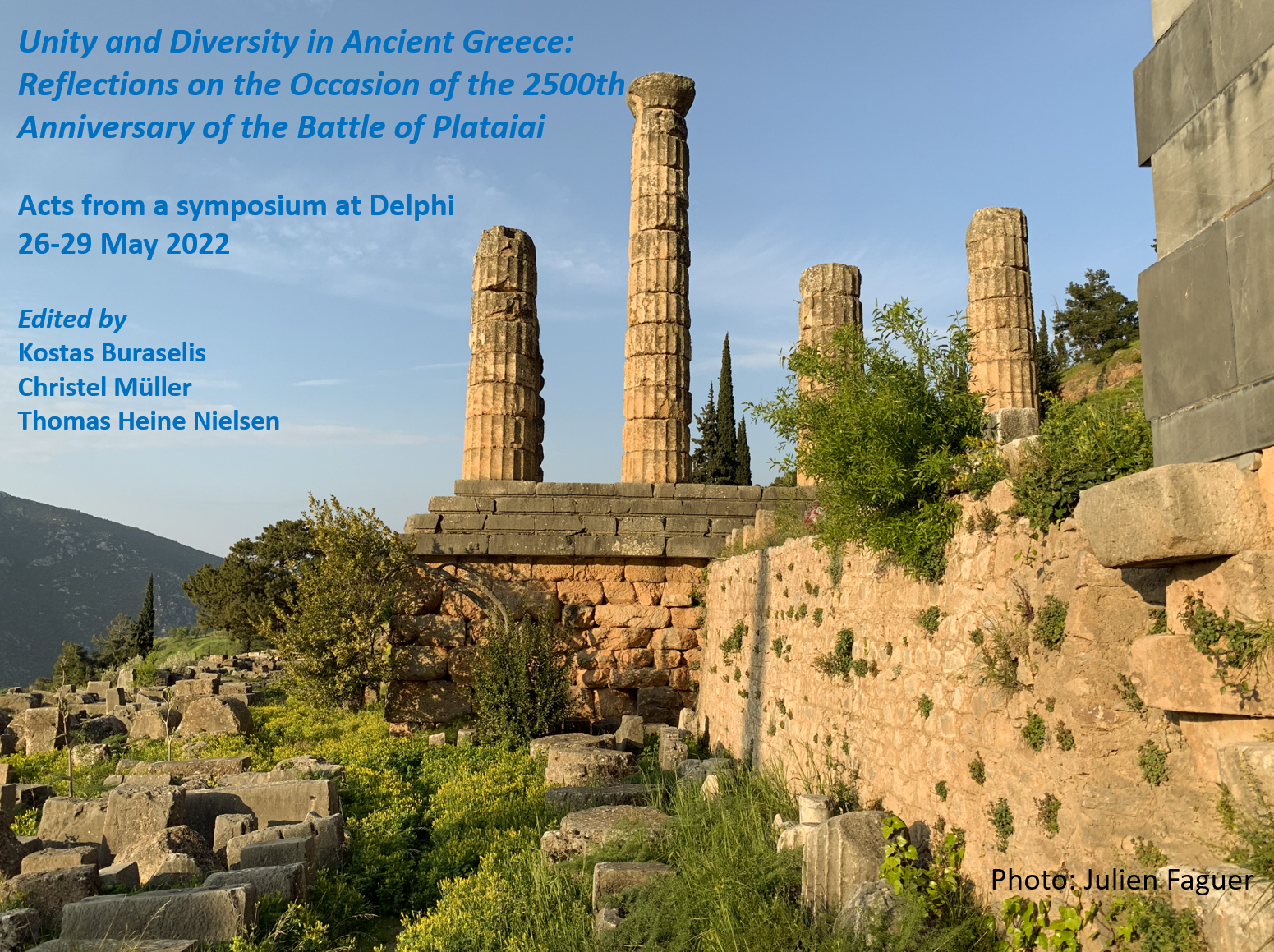Running for Remembrance
The Eleutheria of Plataiai
DOI:
https://doi.org/10.7146/classicaetmediaevalia.vi1.145228Resumé
Plataiai is a lieu de mémoire, and the Eleutheria, an athletic agon held every fourth year, played an important part in activating and reshaping the memory of the battle of 479 BC. According to Strabo, Plutarch and others, the agon had been founded directly after the battle, but this is an invention; the earliest reliable evidence dates back to the third century BC. From this time onwards, the Eleutheria formed an important event in the Greek agonistic system, the festival being attested in numerous agonistic inscriptions. In addition to the usual gymnic disciplines, a race apo tou tropaiou was held, in which the contestants had to run a long distance of 15 stadia with heavy armour. Sucha race was unique in Greek athletics, and Philostratos writes about a very peculiar rule: athletes who had won this race and tried to repeat their victory were killed if they failed. The Eleutheria refer both to the battle of Plataiai and to the unity of the Greeks and are thus of crucial importance for the topic of this volume. This contribution collects the scattered evidence and discusses, first, the position of the Eleutheria in the system of Greek athletics and, second, the symbolic power of the peculiar hoplite race mentioned by Philostratos.
Downloads
Publiceret
Citation/Eksport
Nummer
Sektion
Licens

Dette arbejde er licenseret under en Creative Commons Attribution 3.0 Unported License.
Authors who publish with this journal agree to the following terms:
- Authors retain copyright and grant the journal right of first publication with the work simultaneously licensed under a Creative Commons Attribution License that allows others to share the work with an acknowledgement of the work's authorship and initial publication in this journal.
- Authors are able to enter into separate, additional contractual arrangements for the non-exclusive distribution of the journal's published version of the work (e.g., post it to an institutional repository or publish it in a book), with an acknowledgement of its initial publication in this journal.
- Authors are permitted and encouraged to post their work online (e.g., in institutional repositories or on their website) prior to and during the submission process, as it can lead to productive exchanges, as well as earlier and greater citation of published work (see The Effect of Open Access).





